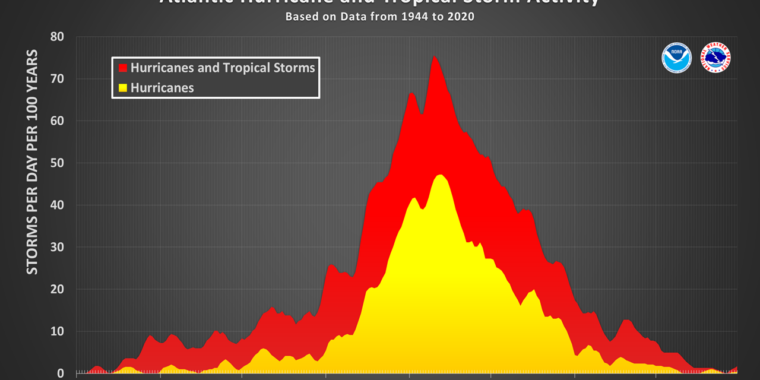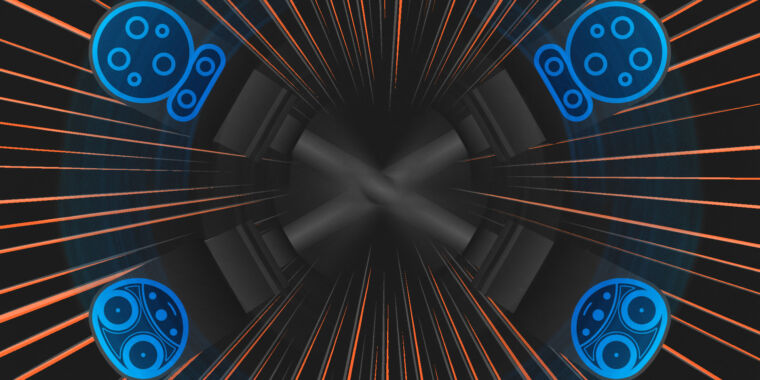Kickstarter halts campaign for Unstable Diffusion due to changing guidelines
The group trying to monetize the AI porn generation, Unstable Diffusion, raised over $56,000 on Kickstarter from 867 backers. Now, as Kickstarter changes its thinking about what kind of AI-based projects it will allow, the crowdfunding platform has ended Unstable Diffusion's campaign. Since Kickstarter uses an all-or-nothing model and the campaign has not yet ended, all money raised by Unstable Diffusion will be returned to backers. In other words, Unstable Diffusion won't see that $56,000, which more than doubled its original goal of $25,000.
"Over the past few days, we've engaged our Community Advisory Board and read your feedback through our team and social media," CEO Everette Taylor said in a blog post. “And one thing is clear: Kickstarter must, and always will, side with the creative work and the humans behind that work. We're here to help creative work thrive."
Kickstarter's new approach to hosting AI projects is intentionally vague.
"This technology is really new, and we don't have all the answers," Taylor wrote. "The decisions we make now may not be the decisions we make in the future, so we want this to be an ongoing conversation with all of you."
At this time, the platform says it is investigating how projects interface with copyrighted material, particularly where artists' work appears in training data of an algorithm without consent. Kickstarter will also consider whether the project will "exploit a particular community or put anyone at risk".
In recent months, tools such as OpenAI's ChatGPT and Stability AI's Stable Diffusion have met with great success, bringing conversations about the ethics of AI artworks to the forefront of public debate. If apps like Lensa AI can take advantage of open source Stable Diffusion to instantly create artistic avatars that look like the work of a professional artist, what impact does that have on those same working artists?
Some artists have taken to Twitter to pressure Kickstarter to drop the Unstable Diffusion project, citing concerns about how AI art generators can threaten artists' careers.
Many cite the fate of Greg Rutkowski's work as an example of what can go wrong. A living illustrator who has created detailed, high-fantasy artwork for franchises like Dungeons & Dragons, Rutkowski's name was one of Stable Diffusion's most popular search terms when it launched in September, allowing users to easily reproduce its distinctive style. Rutkowski never consented to his works being used to train the algorithm, which led him to become a strong advocate for the impact of AI art generators on working artists. /p>
"With funding of $25,000, we can afford to train the new model with 75 million high-quality images consisting of approximately 25 million anime and cosplay images, approximately 25 million artistic images from Artstation/DeviantArt/Behance and approximately 25 million photographic images," Unstable Diffusion wrote in its Kickstarter. This set off alarm bells for independent artists, many of whom publish their work on websites like those mentioned by Unstable Diffusion.
Spawning, a set of artificial intelligence tools designed to support artists, has developed a website called Have I Been Trained, which allows artists to see if their work appears in popular datasets and s unsubscribe. According to an April court case, there is legal precedent to defend the scraping of publicly available data.
Despite the blow of his Kickstar...
The group trying to monetize the AI porn generation, Unstable Diffusion, raised over $56,000 on Kickstarter from 867 backers. Now, as Kickstarter changes its thinking about what kind of AI-based projects it will allow, the crowdfunding platform has ended Unstable Diffusion's campaign. Since Kickstarter uses an all-or-nothing model and the campaign has not yet ended, all money raised by Unstable Diffusion will be returned to backers. In other words, Unstable Diffusion won't see that $56,000, which more than doubled its original goal of $25,000.
"Over the past few days, we've engaged our Community Advisory Board and read your feedback through our team and social media," CEO Everette Taylor said in a blog post. “And one thing is clear: Kickstarter must, and always will, side with the creative work and the humans behind that work. We're here to help creative work thrive."
Kickstarter's new approach to hosting AI projects is intentionally vague.
"This technology is really new, and we don't have all the answers," Taylor wrote. "The decisions we make now may not be the decisions we make in the future, so we want this to be an ongoing conversation with all of you."
At this time, the platform says it is investigating how projects interface with copyrighted material, particularly where artists' work appears in training data of an algorithm without consent. Kickstarter will also consider whether the project will "exploit a particular community or put anyone at risk".
In recent months, tools such as OpenAI's ChatGPT and Stability AI's Stable Diffusion have met with great success, bringing conversations about the ethics of AI artworks to the forefront of public debate. If apps like Lensa AI can take advantage of open source Stable Diffusion to instantly create artistic avatars that look like the work of a professional artist, what impact does that have on those same working artists?
Some artists have taken to Twitter to pressure Kickstarter to drop the Unstable Diffusion project, citing concerns about how AI art generators can threaten artists' careers.
Many cite the fate of Greg Rutkowski's work as an example of what can go wrong. A living illustrator who has created detailed, high-fantasy artwork for franchises like Dungeons & Dragons, Rutkowski's name was one of Stable Diffusion's most popular search terms when it launched in September, allowing users to easily reproduce its distinctive style. Rutkowski never consented to his works being used to train the algorithm, which led him to become a strong advocate for the impact of AI art generators on working artists. /p>
"With funding of $25,000, we can afford to train the new model with 75 million high-quality images consisting of approximately 25 million anime and cosplay images, approximately 25 million artistic images from Artstation/DeviantArt/Behance and approximately 25 million photographic images," Unstable Diffusion wrote in its Kickstarter. This set off alarm bells for independent artists, many of whom publish their work on websites like those mentioned by Unstable Diffusion.
Spawning, a set of artificial intelligence tools designed to support artists, has developed a website called Have I Been Trained, which allows artists to see if their work appears in popular datasets and s unsubscribe. According to an April court case, there is legal precedent to defend the scraping of publicly available data.
Despite the blow of his Kickstar...
What's Your Reaction?















![Three of ID's top PR executives quit ad firm Powerhouse [EXCLUSIVE]](https://variety.com/wp-content/uploads/2023/02/ID-PR-Logo.jpg?#)







